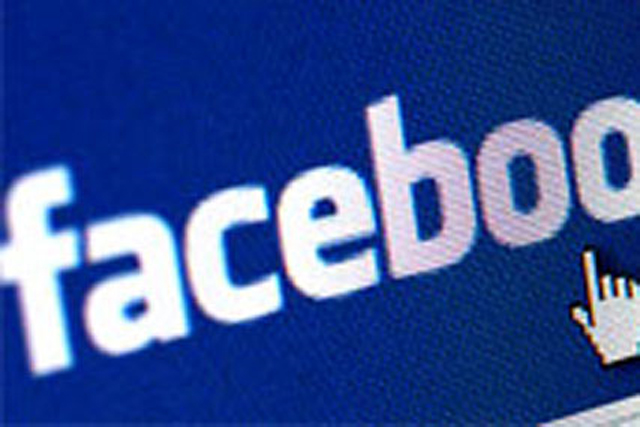
The car manufacturer took to Twitter to reassure consumers, saying that Facebook is: "moderating this heavily which is why the pages have been pulled and we have stopped the ads."
The brand reassured another concerned Twitter user, saying it was: "not happy about this and many people in the office rightly upset. It's wrong and we don’t support it. Ever."
Brands including American Express, British Airways, Dove, Sky, Easyjet, and Ocado are also being targeted by angry consumers after ads for their products appeared alongside the same page, leaving Facebook facing the threat of an advertiser backlash over its explicit content.
The campaign, which has been spearheaded by the Everyday Sexism Project, has quickly gained momentum on Twitter, where users have been using the hashtag #FBrape to challenge brands as to why there ads are appearing next to the offensive content and what they plan to do about it.
An open letter backed by 40 international organisations calls on Facebook users to contact advertisers whose ads on Facebook appear next to content that targets women for violence. It also calls on these companies to withdraw from advertising on Facebook until the social networking giant takes better action to ban gender-based hate speech on its site.
This is not the first time that Facebook has been hauled over the coals by marketers who have seen their ads served up next to offensive content. While it is clear that brands don’t choose the pages on which their ads appear, the consumer response to the issue suggests that rationale isn’t enough.
Facebook isn’t pre-moderated but campaigners argue that the social network isn’t doing enough to enforce its policies on acceptable content. Marketers are therefore finding themselves in the unenviable position of being the key target for this growing consumer backlash.
Facebook did not return calls for comment.




.jpg)
.jpeg)
